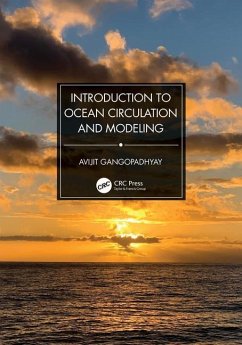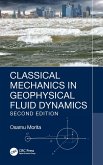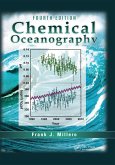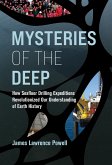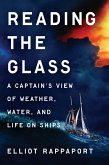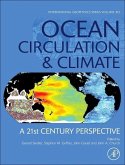Introduction to Ocean Circulation and Modeling provide basics for physical oceanography covering ocean properties, ocean circulations and their modeling. First part of the book explains concepts of oceanic circulation, geostrophy, Ekman, Sverdrup dynamics, Stommel and Munk problems, two-layer dynamics, stratification, thermal and salt diffusion, vorticity/instability, and so forth. Second part highlights basic implementation framework for ocean models, discussion of different models, and their unique differences from the common framework with basin-scale modeling, regional modeling, and interdisciplinary modeling at different space and time scales.
Features:
Covers ocean properties, ocean circulations and their modeling.
Explains the centrality of a rotating earth and its implications for ocean and atmosphere in a simple manner.
Provides basic facts of ocean dynamics.
Illustrative diagrams for clear understanding of key concepts.
Outlines interdisciplinary and complex models for societal applications.
The book aims at Senior Undergraduate Students, Graduate Students and Researchers in Ocean Science and Engineering, Ocean Technology, Physical Oceanography, Ocean Circulation, Ocean Modeling, Dynamical Oceanography and Earth Science.
Features:
Covers ocean properties, ocean circulations and their modeling.
Explains the centrality of a rotating earth and its implications for ocean and atmosphere in a simple manner.
Provides basic facts of ocean dynamics.
Illustrative diagrams for clear understanding of key concepts.
Outlines interdisciplinary and complex models for societal applications.
The book aims at Senior Undergraduate Students, Graduate Students and Researchers in Ocean Science and Engineering, Ocean Technology, Physical Oceanography, Ocean Circulation, Ocean Modeling, Dynamical Oceanography and Earth Science.

